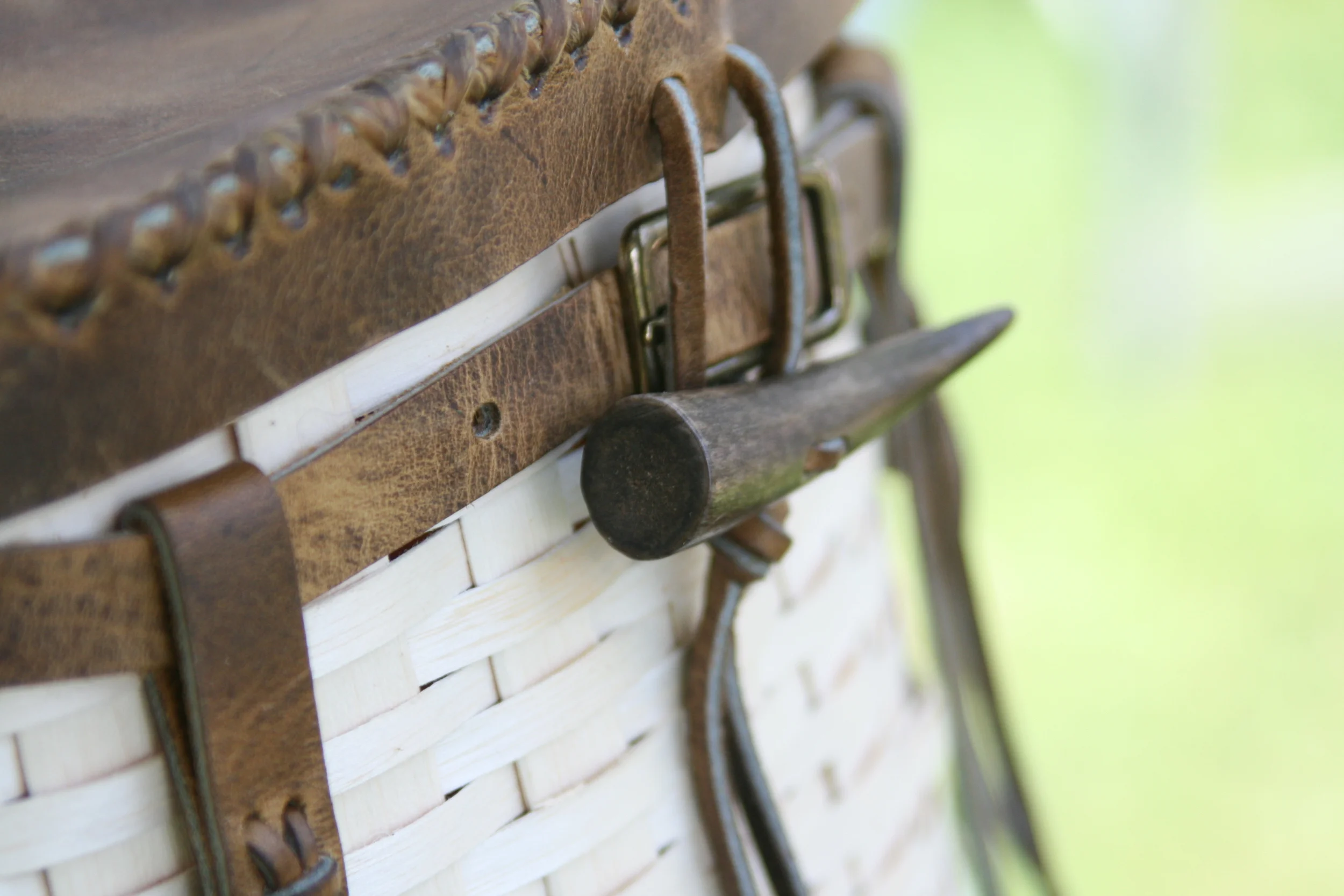Questions Teachers Must Ask Themselves: A Reflection on Dignity
/I came to the Abbe Museum as a former social justice trained educator having worked with middle and high school social studies students. I worked hard to develop my pedagogy in the classroom, constantly forcing myself and my students to look beyond the pages of our resources and ask ourselves questions. Why is this important? Whose voice are we actually listening to? Who is telling this story? Who has been silenced? One question I kept asking myself at the end of every lesson was how do I bring dignity to a society built on colonialism and slavery?
Developing a solid curriculum is essential to all good teaching. My theory behind developing curriculum for dignity is a dual intention of honoring my content and providing an environment that is responsive to the needs of my students. In a history setting, students are free to explore the lives of other people separated by time and space and grapple with questions universal to humanity. "History, in other words, is...open to the whole range of human experience" (Whelman, 55) and I can utilize this to promote my own students' dignity by legitimizing their experiences.
You may ask how one actually creates this kind of “curriculum for dignity." In my approach to history, I think it is imperative to highlight the agency and resistance of those living under oppressive socio-political systems. I wanted my students to interrogate all of our texts that perpetuate ideas about 'passive victims.' The development of critical thinking is essential for this kind of questioning. My focus on resistance is about bringing dignity to those in our units and students alike. It is an avenue through which students see the importance of being critical citizens who vocalize their questions and concerns.
My work in museums is not all that different than that in a classroom. I still value the reflective nature of this work and believe that museum professionals must fully form their pedagogical approaches with dignity in mind. How does our work dignify the lived experiences of Wabanaki people? How are we addressing the past transgressions of museum work which assaulted Indigenous dignity and wellbeing? These are the questions I do not fear asking my colleagues and myself because it is the heart of decolonizing work.
I bring dignity into museum work through truth-telling and decolonizing practices such as honoring the authority the Wabanaki nations have to tell their own stories. Since starting at the Abbe, my education team has developed a dialogue program called Decolonizing Museum Practice. It is an institutionally-reflective experience for visitors to see the challenges museums, like the Abbe, must come to terms with in order to create an environment that breaks down colonial narratives and supports a Native voice and agency. I actively engage visitors in reflecting on their own experiences and biases, because learners never come to us devoid of these, and in order to push past stereotypes and static historical narratives we need to confront ourselves.
Whether my learners are in a classroom or the museum, there is a responsibility I feel I have to bring my pedagogy of dignity to all the work I do behind the scenes and out on the frontline. This ensures that I am able to create a space for deeper educational moments that push us past the comfortable and into a truthful assessment of colonialism today.
About the Author
Starr Kelly is the Curator of Education at the Abbe Museum. She is a member of the Algonquin First Nation of Kitigan Zibi Anishinabeg in Quebec, and has worked as a middle and high school social studies teacher and is a social justice oriented educator, developing what she refers to as a "curriculum for dignity." Her lessons and pedagogical approach put theory into practice by honoring those she teaches about while simultaneously creating an environment which is responsive to the needs of her learners and dignifies her students' lived experiences.
Guest Blogger Series
Our Guest Blogger Series is written by members of the Abbe Museum's Board of Trustees, Native Advisory Council, Staff, and special guest authors. It is a place to talk about the Museum's mission and related topics. Interested in becoming a Guest Blogger? Contact the Abbe's Director of Advancement, Heather Anderson, for more details at heather@abbemuseum.org.













